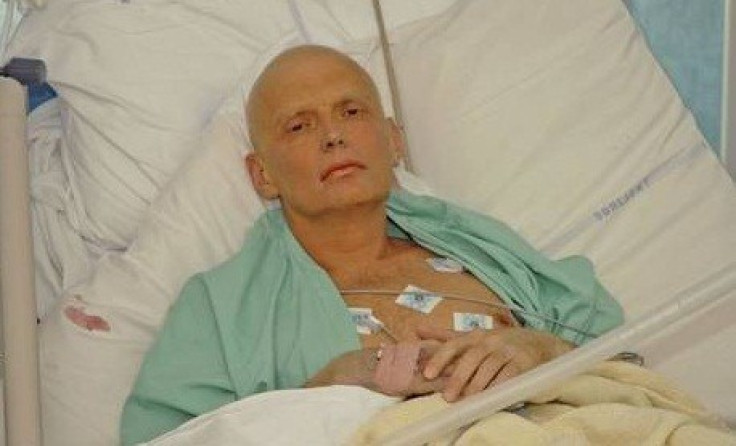Litvinenko: Russian Activists Urge Cameron to Find the Truth
Speak Up! movement delivers letter to 10 Downing Street after inquest into poisoning death of KGB agent undermined

Anti-Putin campaigners have urged Westminster to set up a public inquiry into the Russian government's suspected involvement in the death of former KGB agent Alexander Litvinenko
"We are outraged by the fact that the British government decided to declare the huge bulk of case materials in Mr Litvinenko's assassination case as secret," Russian opposition group Speak Up! wrote in a letter delivered to David Cameron.
"Denying an open hearing in the Litvinenko case you might preserve good commercial relationships with Moscow but you will lose the opportunity to establish the truth and to punish the perpetrators.
"By pursuing short-term economic gains, the British government forsakes the long-term tradition of defending human rights and a right to life," Speak Up! founder Andrey Sidelnikov said.
The letter was delivered after Cameron was criticised by Litvinenko's widow, Marina, for meeting Russian president Valdimir Putin in London ahead of the G8 summit.
"How can you have serious talks about security in Syria with a person who doesn't want you to provide justice following a polonium terror attack in central London?" she told the Guardian.
The inquest into the poisoning of Litvinenko was halted after the coroner, Sir Robert Owen, ruled that he could not hear part of the evidence in public.
The ruling followed a request by the Foreign Office to exclude key evidence which could implicate the Kremlin in the spy's death and suggest that authorities in Britain might have prevented it.
Owen asked the government to hold a public inquiry, which would be able to hear secret evidence, in place of the inquest. A decision is due by early July. Marina Litvinenko said she could boycott the inquest if Owen's request was refused.
Her 43-year-old husband died in November 2006 after he was poisoned with highly radioactive polonium-210.
It is alleged that his tea had been laced with the highly poisonous substance when he met two former Russian colleagues, Andrei Lugovoi and Dmitry Kovtun, at the Milennium Hotel in Mayfair.
He died three weeks later. Lugovoi went on to become an MP in Moscow with the Liberal Democratic Party of Russia and the Kremlin has refused to extradite him to the UK for questioning.
"If, as they say, there is no evidence, why are they being so protective and do not extradite him?" Marina Litvinenko told IBTimes UK in April.
Mosocw has always denied involvement in his death and refused to extradite any suspects.
© Copyright IBTimes 2024. All rights reserved.






